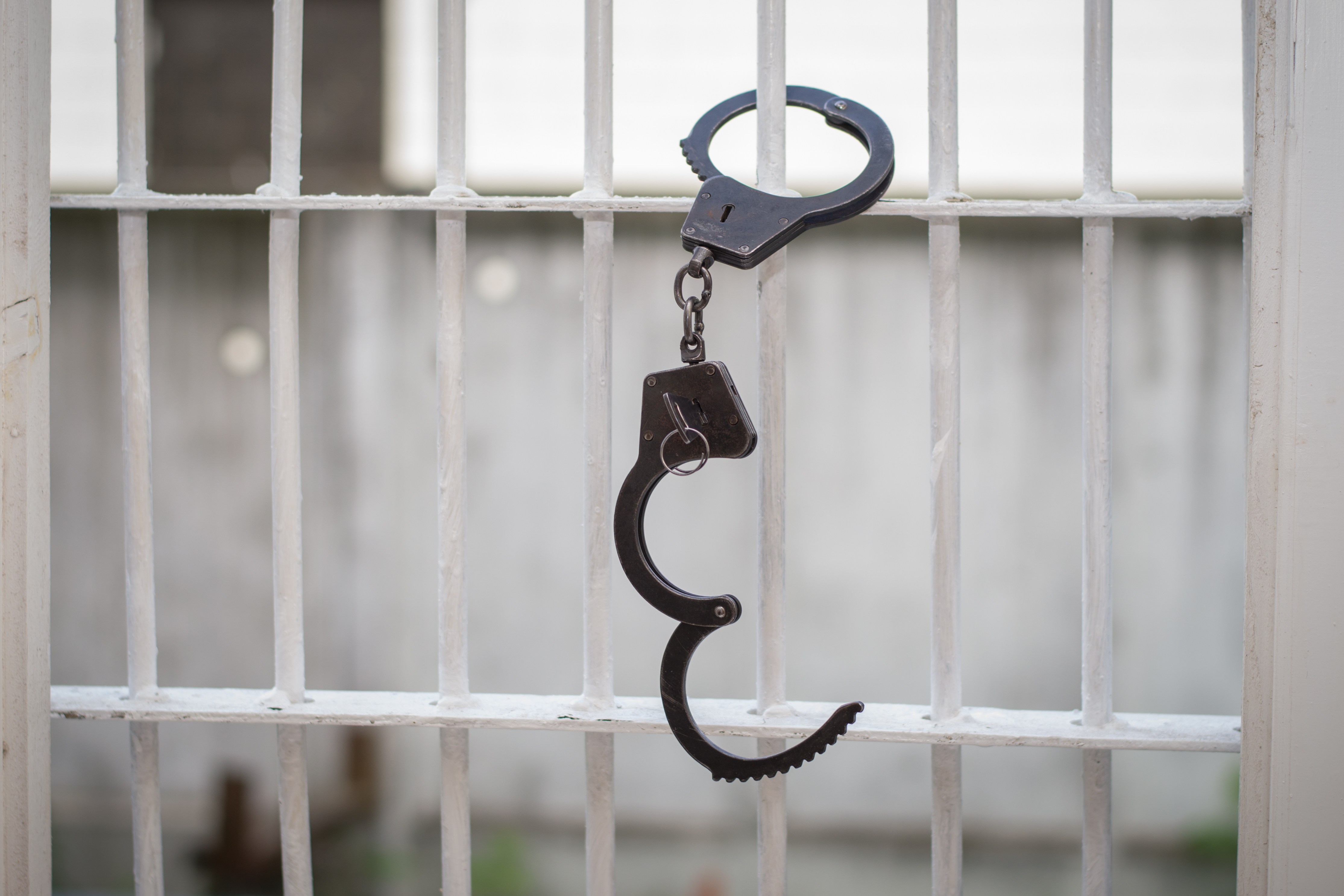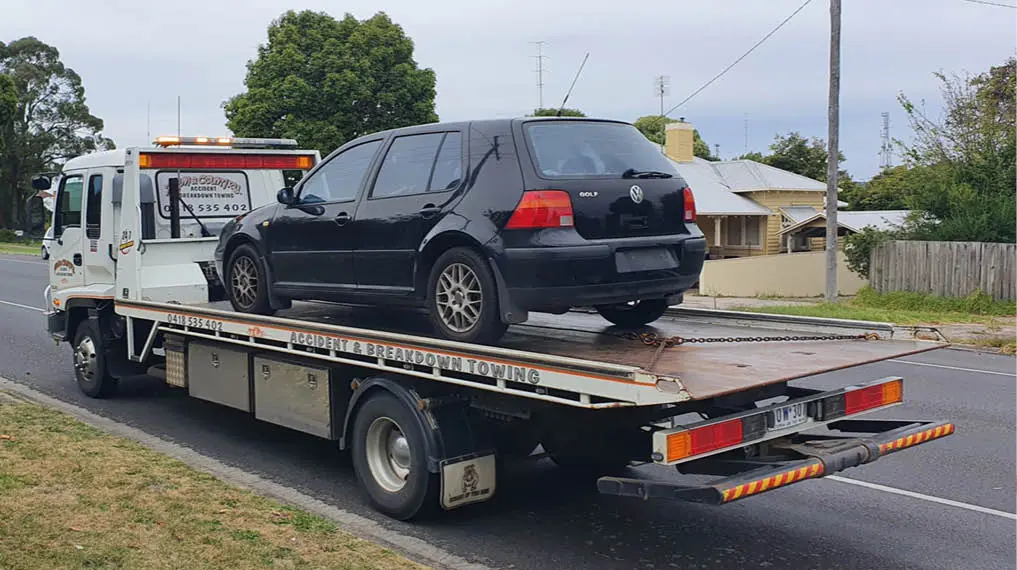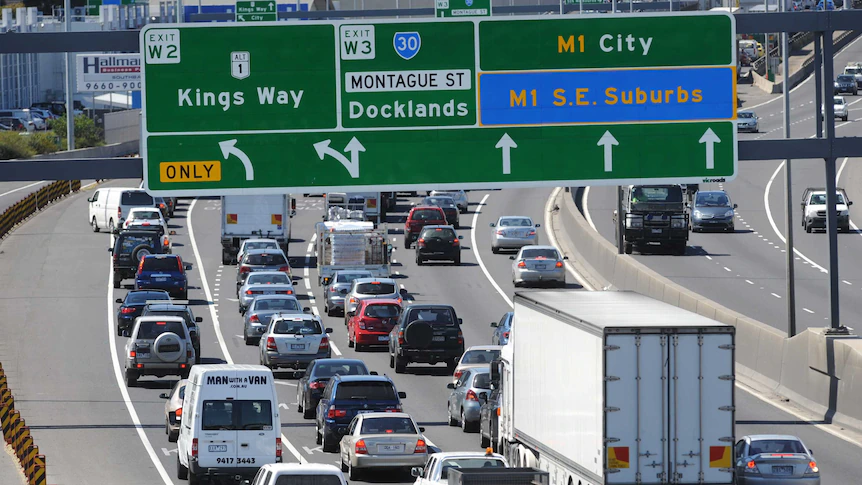1. How do you determine the value of a property?
You and your former partner can obtain a market appraisal from a real estate agent to agree on the value of your property. If you are unable to reach a compromise and there is no agreement as to the value of property, both can agree to jointly appoint a single expert to prepare a formal valuation report for the property.
2. Who is a single expert?
A single expert is a certified practising valuer registered by the Australian Property Institute. A single expert is jointly appointed by the parties and the cost of their report is typically shared between the parties. The valuation provided by the single expert is accepted by the Court as evidence without either party having to apply separately to the Court to accept the evidence.
3. How do you appoint a single expert?
A single expert witness can be appointed either by the consent of the parties or by the Court either on the application by one or both of the parties to a matter or on the initiative of the Court.
There are specific requirements outlined in the Family Law Rules (2004) (Cth) which need to be complied with in relation to a single expert witness. Once the single expert is agreed upon, the parties must reach an agreement as to what instructions to give the single expert. These instructions and requirements are set out in a jointly written letter of instruction prepared and signed by both parties’ respective lawyers.
4. What is the Process of the Valuation?
The single expert will value the property based on what is known as the “fair market value” and prepare a report with the details of their analysis. After the report has been distributed to the parties, if a party disagrees with the valuation report or wishes to clarify certain aspects of it, then they may ask “specific questions” from the single expert in writing. Parties have 21 days in which to ask written questions or attend a conference with the single expert.
If the report is entered as evidence in the Family Court, the valuer provides an Affidavit confirming the report and that the rules have been complied with.
5. What if I’m not happy with the valuation report?
Even after asking questions or attending a conference with a single expert, if there are substantial issues in dispute remaining, a party can make an application to Court requesting permission to submit their own valuation report from another expert witness.
6. What is the role of the executor?
The executor is generally responsible for managing the deceased’s estate. This may include obtaining the death certificate, locating the deceased’s Will, applying for a Grant of Probate of that Will, calling in their assets and distributing their estate in accordance with their Will. The executor’s role continues until the estate is fully administered and all assets have been distributed to the beneficiaries named in their Will.
7. How is a Will different from a Power of Attorney?
A Will is a document that outlines what happens to your estate when you die. A Power of Attorney is a legal document that covers the management of your affairs while you are alive. A Power of Attorney becomes invalid upon death.






